Dynaudio Core 7 (Single)
₹230,900.00 Original price was: ₹230,900.00.₹207,990.00Current price is: ₹207,990.00.
- Studio Reference Monitor with 1″Esotar Pro, 7″ mid/woofer
- Class D Pascal bi-amplification HF 150 watts / LF 500 watts
- Frequency response: 44Hz–21kHz ±3dB (38Hz–24kHz -6dB)
- Core DSP optimizes imaging, balance, and bass extension
- 24-bit sampling rate and 192kHz resolution
- Maximum SPL: 112dB at 1m anechoic, 118dB half space
- Analog and AES3 digital inputs
- Front-loaded bass reflex cabinet
- All drivers handcrafted by Dynaudio in Denmark
Trust is critical in this business. Whether you’re recording a power-trio or an orchestra, mixing a solo voiceover or video-game soundtrack, or mastering a full immersive audio project (such as a Dolby ATMOS mix), you need to know that your monitors reproduce everything you need to hear – warts and all.
Core 7 has been developed alongside industry professionals with exactly this in mind. It’s the most compact model in our range of high-end professional reference monitor systems. This no-compromise two-way design features two class-D amplifiers (one 500W amp for the mid/woofer and a 150W unit for the tweeter), plus the best of modern DSP technology and a flat bass response down into to 44Hz with -6dB at 38Hz.
It’s been specifically designed and engineered to meet the challenges of high-demand environments that recording engineers, mixers, producers, and editors work in all day, every day.
Consistent performance with no fatigue
Our acoustic designers are always improving on driver design for each model – and when they wheeled Core 7 out for listening tests, you could genuinely see the pride on their faces.
Each driver unit is handmade at our factory in Denmark. And because we produce 1.4 million drivers each year for the home hi-fi, custom-install, in-car and pro-studio markets, we can ensure extreme consistency. That makes it possible to use Core monitors in multiple studios and have them all sound and perform at the same high level – giving you everything you need to hear, everywhere you use them.
We’re known for our soft-dome tweeters. They provide hours of pinpoint imaging and detail without the listener fatigue common to other designs. Core 7 builds on this heritage with the brand-new Esotar Pro tweeter – the latest breakthrough in our engineers’ obsessive attention to driver detail. New advanced manufacturing techniques and our astonishing Jupiter testing facility, have let our designers take tweeter design to a new level with the revolutionary Hexis system. Hexis optimises airflow, smooths frequency response and eliminates unwanted internal resonances. The result? Jaw-dropping imaging and transient detail, and effortless high-frequency response.
But they weren’t happy to leave it there: Core 7’s mid/woofer driver is another leap forward. We’ve taken our proprietary MSP (Magnesium Silicate Polymer) cone material along with aluminium voice coils, glass-fibre formers and advanced magnet designs to produce drivers capable of the kind of accuracy and honesty you’d never thought possible. MSP provides the best combination of lightness, stiffness and damping – making it capable of producing deep, accurate bass while also delivering natural midrange detail, all in one driver for the best imaging and point-source delivery.
Under the hood: how to set up Core 7 for your studio
The active Dynaudio AIR series was famous for its advanced digital signal processing. Our acoustic engineers continued this forward-thinking approach by taking the past 18 years’ worth of DSP innovation and applying it in a simple, easy to use system with the Core series. Make no mistake, though: under the hood is a sophisticated system that makes light work of challenging studio environments.
Positioning is critical when installing a monitor system. That’s why each Core 7 has two DSP filter switches to address its position and boundary locations. For example, if you place the monitors on the meter bridge of a large-format mixing console, set them to ‘Desk’. This will help compensate for the first reflection created by the mixing surface. On the other hand, if you put the monitors into a purpose-built wall, setting the Position 1 filter to ‘Soffit’ will compensate for the increased bass response.
Boundary effects created by placing a monitor close to walls or a ceiling can be compensated for by adjusting the Position 2 filter between ‘Wall’ or ‘Corner’. These filters help compensate for the reflections created by the boundary walls, especially in the lower frequencies. There’s also a low-frequency 80Hz Linkwitz-Riley cutoff that can be engaged if you’re using Core 7 with a subwoofer to extend the low frequency response.
Users can also alter the overall presentation. Core 7 uses the same concept as the LYD series Sound Balance filter – a different design to typical shelving-EQ tweeter and woofer adjustments found on most active monitors. Instead of simply fine-tuning the tweeter level up or down, which will affect phase response, Core 7 uses a full-spectrum band-pass filter that tilts depending on the desired tonal response. In the ‘Dark’ setting, the entire frequency response is tilted so that 20kHz is down -1.5dB, while 20Hz is up +1.5dB. In ‘Bright’, the tilt is reversed (+1.5dB at 20kHz and -1.5dB at 20Hz). This gentle filter maintains the proper phase response between the drivers while providing the tone that meet your tastes. The changes are subtle, but often this little tweak is enough to make the sound balance just right.
Input sensitivity the way you want it
The noise-floor and signal resolution of any monitoring system is critical to its performance. Whether you’re using the analogue or digital inputs, you need to be able to control the gain staging between the monitor controller and the speaker system. We’ve provided a range of 0dBu to +24dBu to match the analogue input sensitivity to the output level. Once optimised, Core 7 processes all analogue signals at a 192kHz sampling rate and 64-bit resolution in the DSP (from the 24-bit analogue-to-digital converter) for the greatest degree of mathematical precision.
There’s a switch to determine the maximum output SPL with the greatest bit-depth in the DSP. If you want the maximum level, set this to 112dB. If you work mostly at lower levels, choose a lower SPL setting to optimise the bit-depth of the DSP for both inputs.
When using the AES digital inputs, you must determine which channel (left or right) of the AES stream is used for that monitor. Core 7’s DSP operates at the incoming sample rate and either locks to the digital audio clock or word clock to maintain the most accurate signal possible.
Placement options: all of them
We’ve made sure Core 7’s cabinet is as stiff and inert as we could make it – hence the 32mm thick baffle, which contributes to its excellent linearity across the spectrum. Since every application is unique and monitors need to be placed in a variety of environments – either on their sides, vertically or sometimes even inverted with the woofer above the tweeter – we’ve designed Core 7 with indentations on all four sides. We’ve even developed special pads that can be placed in order to protect the cabinet’s finish and stabilise the cabinet on the surface.
That goes for multi-channel set-ups, too: we also have custom K&M brackets to mount Core 7 in orientations suitable for surround sound, immersive audio (such as Dolby ATMOS) and other custom configurations.
One speaker, every type of studio
Core 7 is designed for maximum flexibility and performance where its compact size is desirable. This includes recording studios, edit suites, broadcast trucks, mobile facilities, broadcast and theatrical dub stages, immersive audio mixing rooms and custom installations. And because its size doesn’t diminish its performance either in frequency response or output SPL, it plays seamlessly with Core 59 monitors in calibrated multi-channel monitoring systems.
Stop second-guessing. Core delivers everything you need to hear.
Specifications:
- Powered: Yes
- Power Configuration: Bi-amped
- LF Driver Size: 7″ woofer
- LF Driver Type: MSP cone
- HF Driver Size: 1″ tweeter
- HF Driver Type: Dome
- LF Driver Power Amp: 500W
- HF Driver Power Amp: 150W
- Total Power: 650W Class D
- Frequency Response: 38Hz-24kHz
- Crossover Frequency: 2300Hz
- Maximum Peak SPL: 112 dB SPL @ 1m
- Input Types: 1 x XLR (analogue), 1 x XLR (AES/EBU)
- Output Types: 1 x XLR
- USB: 1 x Type B
- Enclosure Type: Ported
- Height: 15.5″
- Width: 8.6″
- Depth: 14.6″
- Weight: 32.4 lbs.
You must be logged in to post a review.
Related products
-
Focal Trio6 ST6 (each)
₹409,905.00Original price was: ₹409,905.00.₹389,409.00Current price is: ₹389,409.00.Add to cartPerformance Frequency response 3-way mode 35Hz – 40kHz (+/- 3dB) 2-way mode (Focus) 90Hz – 20kHz (+/- 3dB) Maximum SPL 3-way mode 115dB SPL (peak at 1m) 2-way mode (Focus) 105dB SPL (peak at 1m) Electronic section Inputs Type / Impedance Connector Sensitivity Electronically balanced / 10 kOhms XLR Adjustable, +4dBu or -10dBV Bass
Midrange
Treble200W, class G
150W, class G
100W, class ABPower supply Main voltage Wiring 230V (class T fuse 1.6A fuse rating) – 115V (class T fuse 3.5 A fuse rating) Detachable IEC power cable Indicators and controls Rear panel Input sensitivity selector (+4dBu/-10dBV)
Low frequency shelving (+/- 3dB from 35 to 250Hz)
High frequency shelving (+/- 3dB from 4.5 to 40kHz)
EQ low-mid frequencies (+/- 3dB at 160Hz, Q factor = 1)
FOCUS input / FOCUS outputLED Focus mode on, audio clipping and protection indicated by LED on front panel Transducers Subwoofer 8W64701 8′ Focal driver with W composite sandwich cone Woofer 5W04701 5′ Focal driver with W composite sandwich cone Tweeter TB872, 1′ Focal pure Beryllium inverted dome tweeter Cabinet Structure 22mm (0.86′) reinforced panels Finish Dark Red natural Burr-ash veneering side panels, Black body Dimensions including 4 rubber feet (HxWxD) 201/2′ x 1015/16′ x 143/16′ (520 x 278 x 360mm) Weight 44 lbs (20 kg) -
Dynaudio Core 47 (Single)
₹297,990.00Original price was: ₹297,990.00.₹267,990.00Current price is: ₹267,990.00.Add to cart- Loaded with proprietary 1″ Esotar Pro tweeter coupled with 4″ mid- and 7″ low-frequency MSP (Magnesium Silicate Polymer) drivers
- Class D Pascal tri-amplification HF 150W/MF 500W/LF 500W for massive headroom
- Front-loaded bass reflex cabinet for tight, focused lows and solid imaging
- Analog and AES3 digital inputs let you keep your signal digital right to the end
- 24-bit sampling rate and 192kHz resolution; dependent on input signal
- Core DSP optimizes imaging, balance, and bass extension
- All drivers handcrafted by Dynaudio in Denmark
-
Dynaudio LYD 5 (Black)
₹65,990.00Original price was: ₹65,990.00.₹59,990.00Current price is: ₹59,990.00.Add to cart- Nearfield Monitor with 5″ Woofer
- Bi-amped speaker design with 2 x 50W and state-of-the-art Class-D amplification
- Bass extension settings to extend or curtail the low end frequency response
- Two different tunings: one for free standing and one designed for speakers within 50 cm of wall
- Sound balance to influence the overall response of the speaker
- Handmade in Denmark
-
Dynaudio Core 59 (Single)
₹368,990.00Original price was: ₹368,990.00.₹331,990.00Current price is: ₹331,990.00.Add to cart- Studio Refernec Monitor with 1″ Esotar Pro tweeter, 5″ midrange, 9.5″ woofer
- Class D Pascal tri-amplification: HF 150 watts / MF 500 watts / LF 500 watts
- Frequency response: 42Hz–21kHz ±3dB (36Hz–24kHz -6dB)
- Core DSP optimizes imaging, balance, and bass extension
- Sampling rate: 192kHz, resolution: 64-bit; dependent on input signal
- Maximum SPL: 112dB at 1m anechoic, 118dB half space
- Analog and digital inputs
- Front-loaded bass reflex cabinet design
- All drivers handcrafted by Dynaudio in Denmark


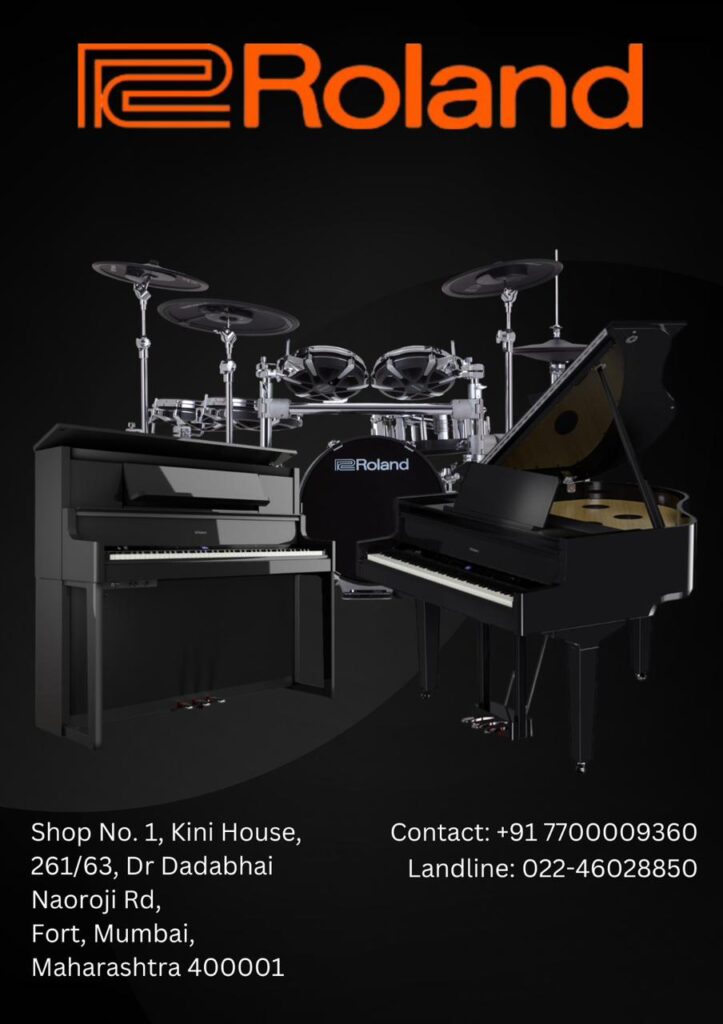
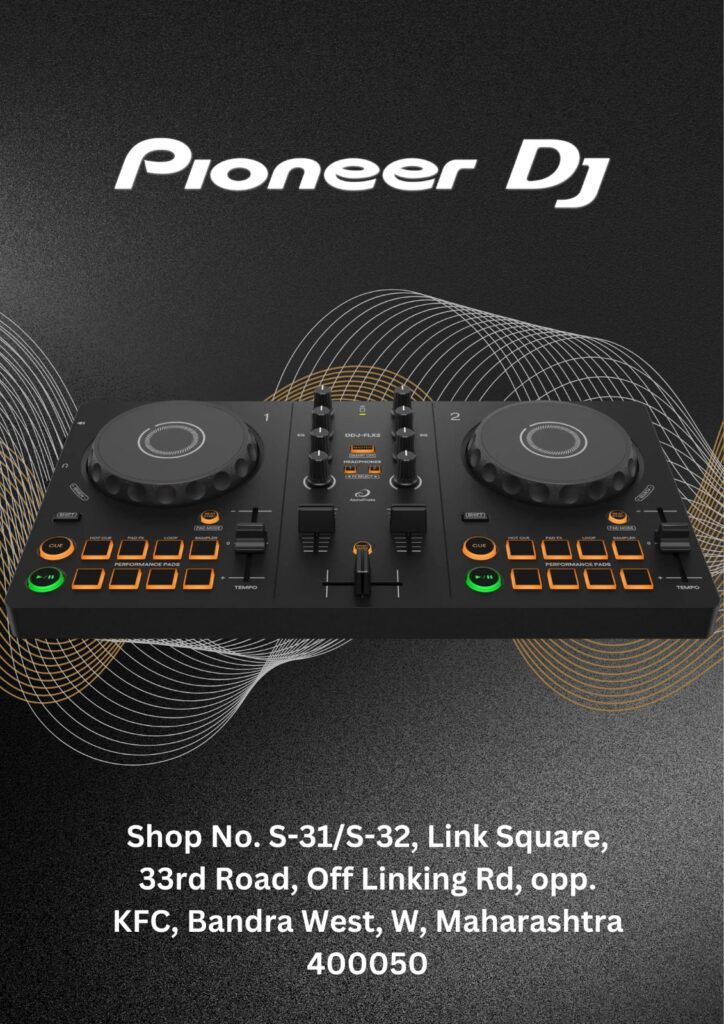
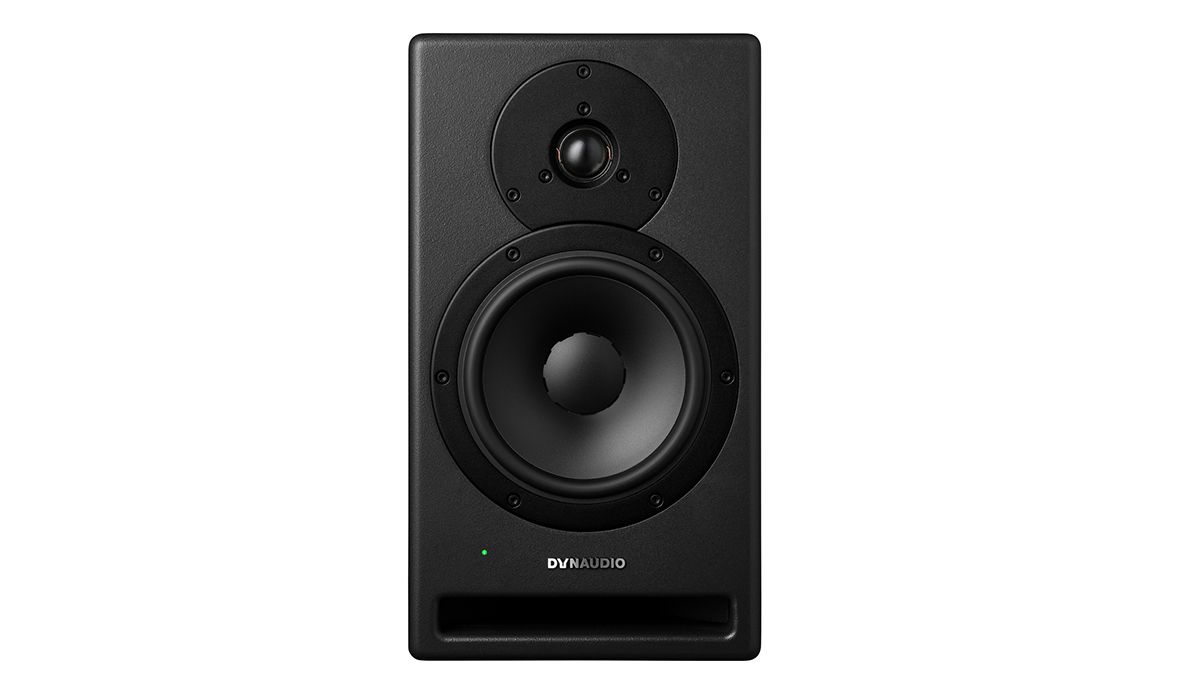
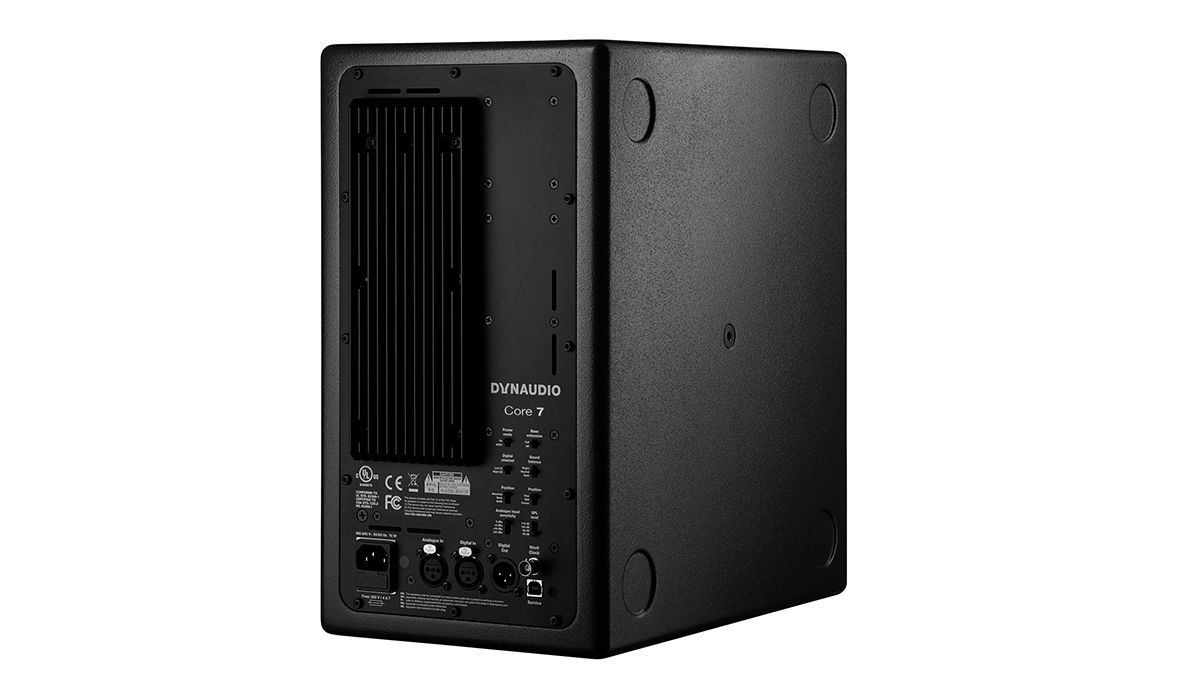
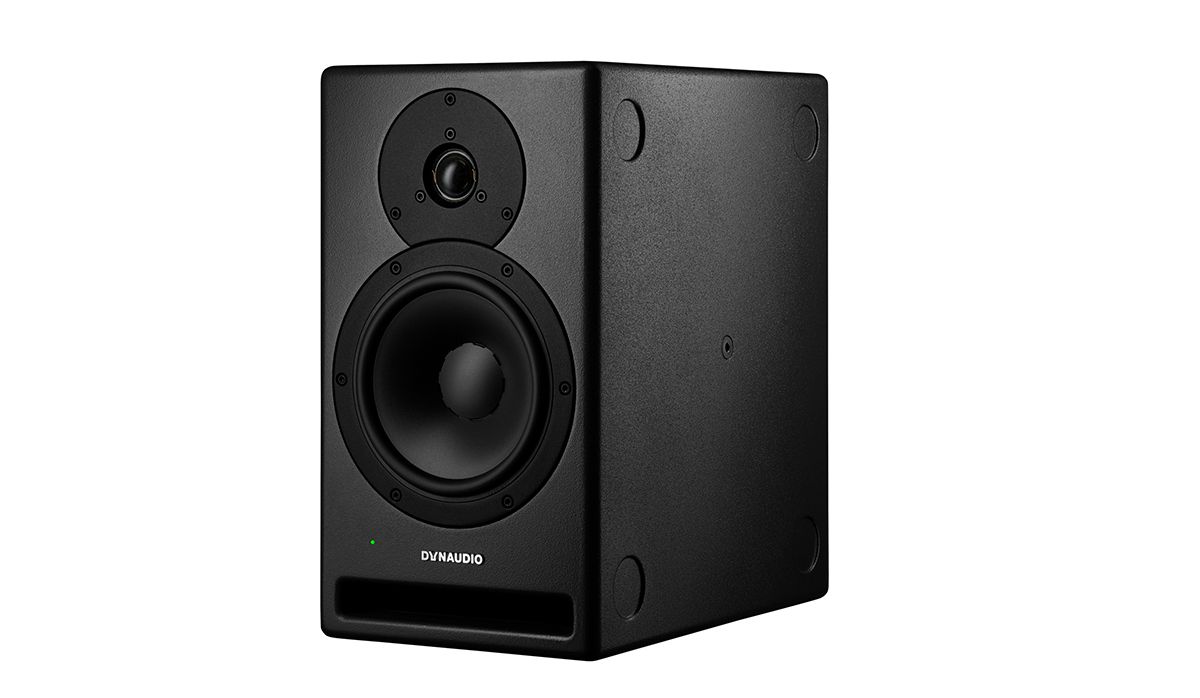
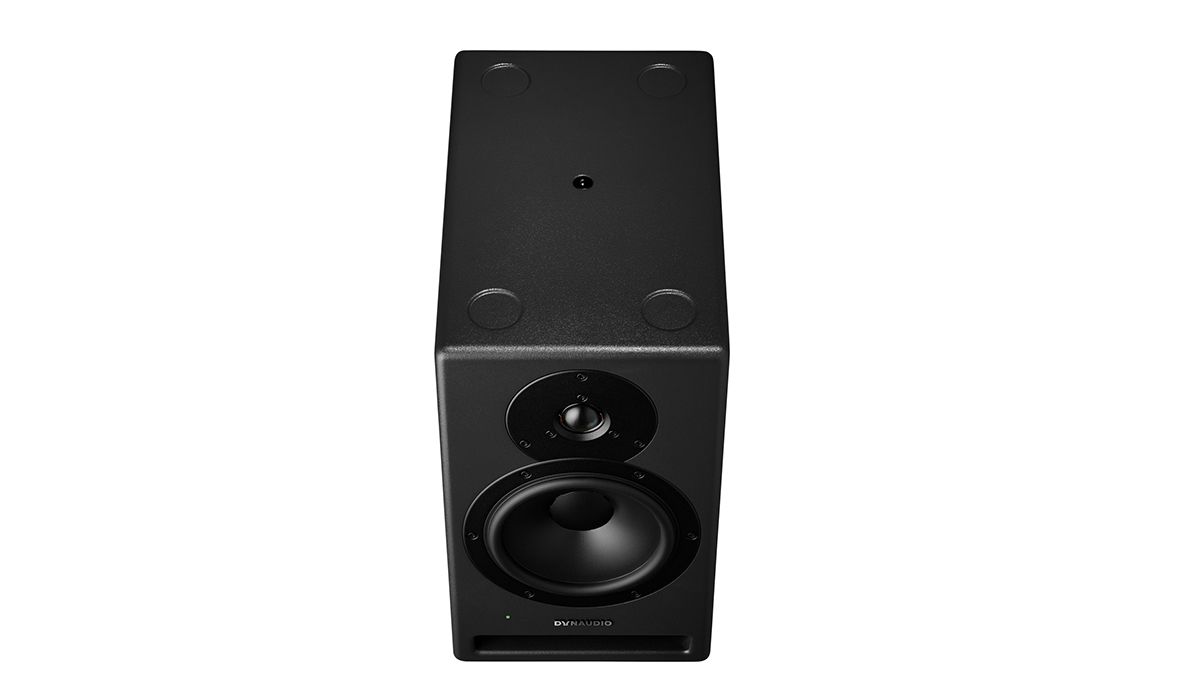
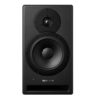
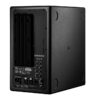
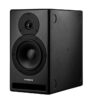
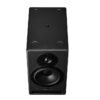
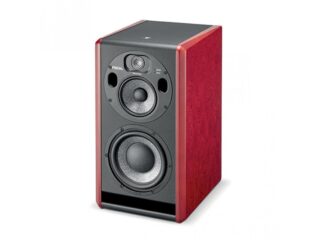
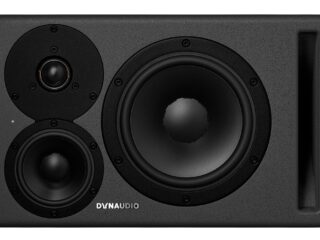
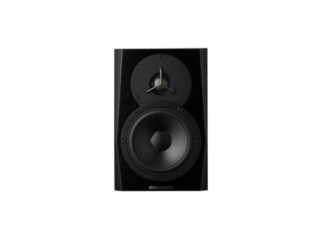
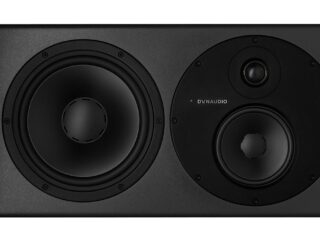
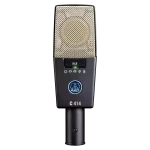
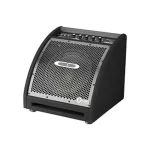
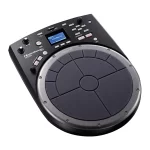
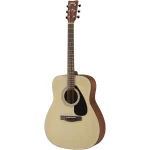
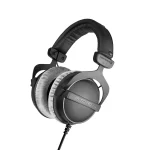
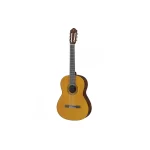
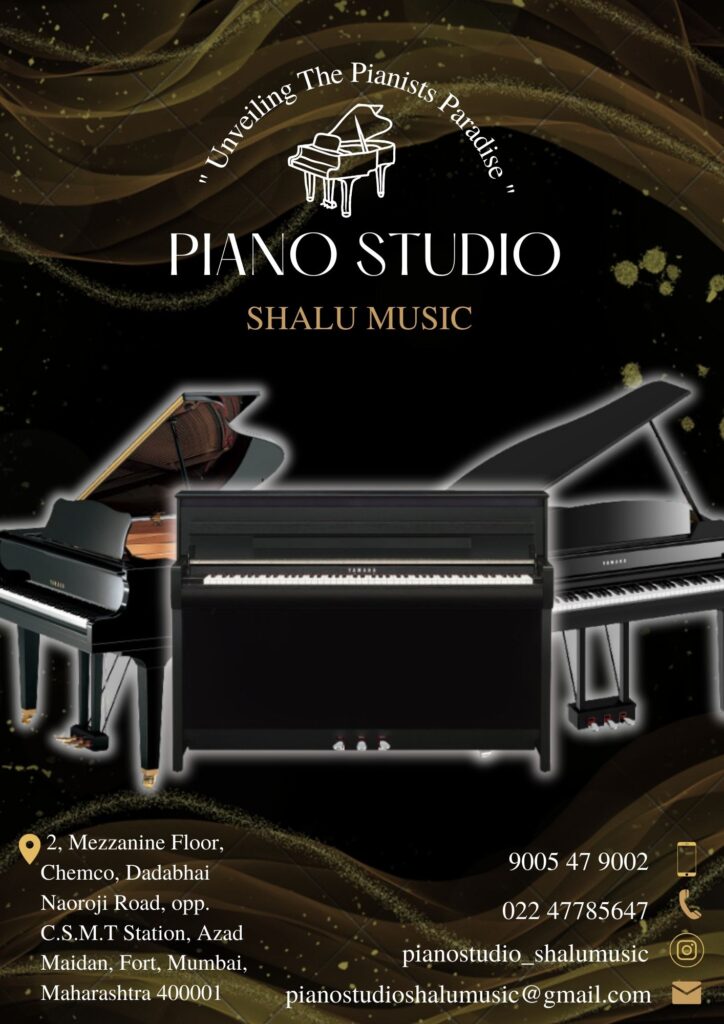
Reviews
There are no reviews yet.